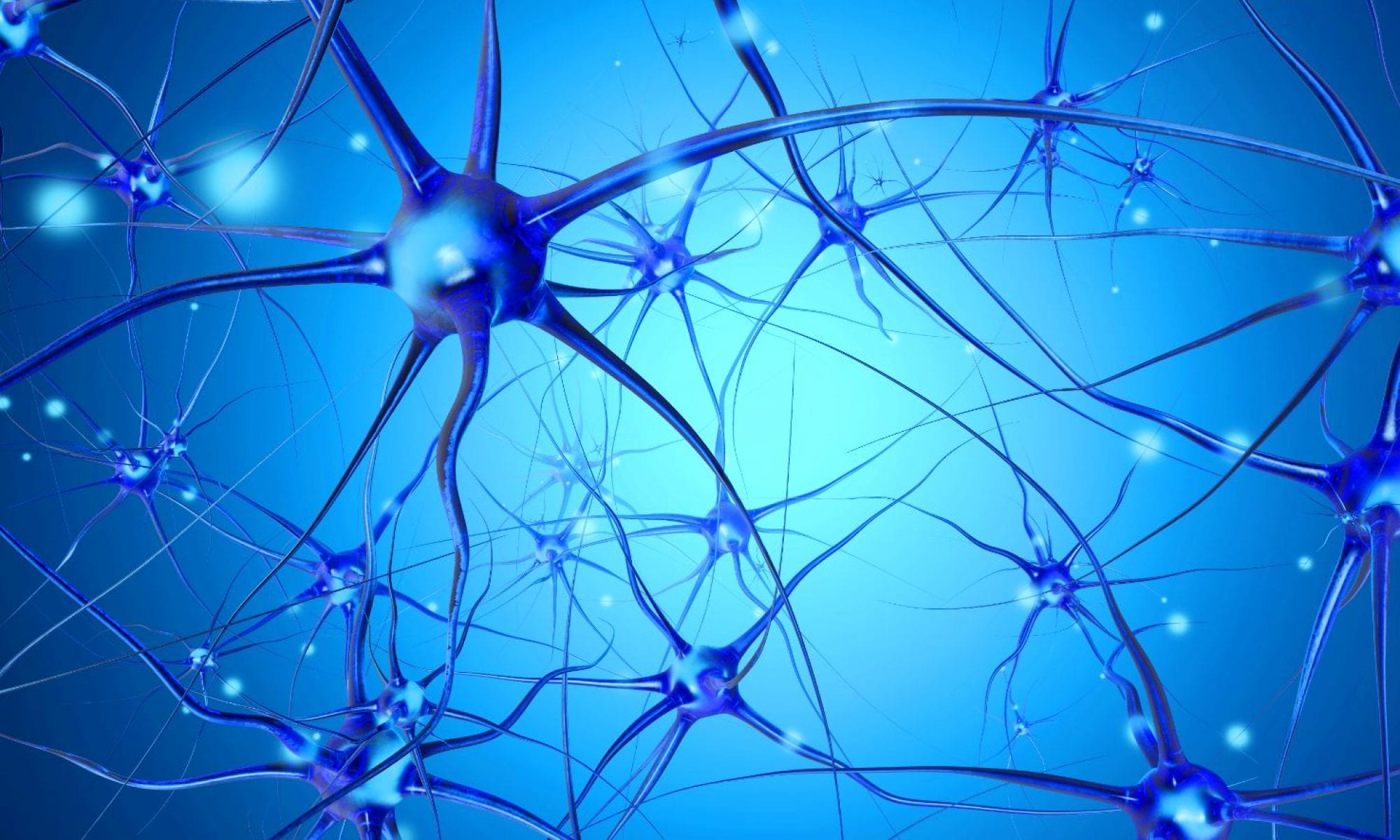Press Release:
A great need for better pain treatment
After an appendectomy, a quarter (24.8%) of all children wanted a stronger pain treatment in the first 24 hours after their operation. Among children who had a tonsillectomy, this was one-fifth (20.2%). Analysis of the data showed that this desire was primarily associated with sleep impairments and with movement pain. The lead author of the study, Prof. Ulrike M. Stamer, explained: “We are dealing with a large number of affected patients. Appendectomies and tonsillectomies are the most common operations performed on children overall. Just under a quarter of these cases strongly signal a desire for improvement”.
Continue reading “One in four children want better pain treatment”